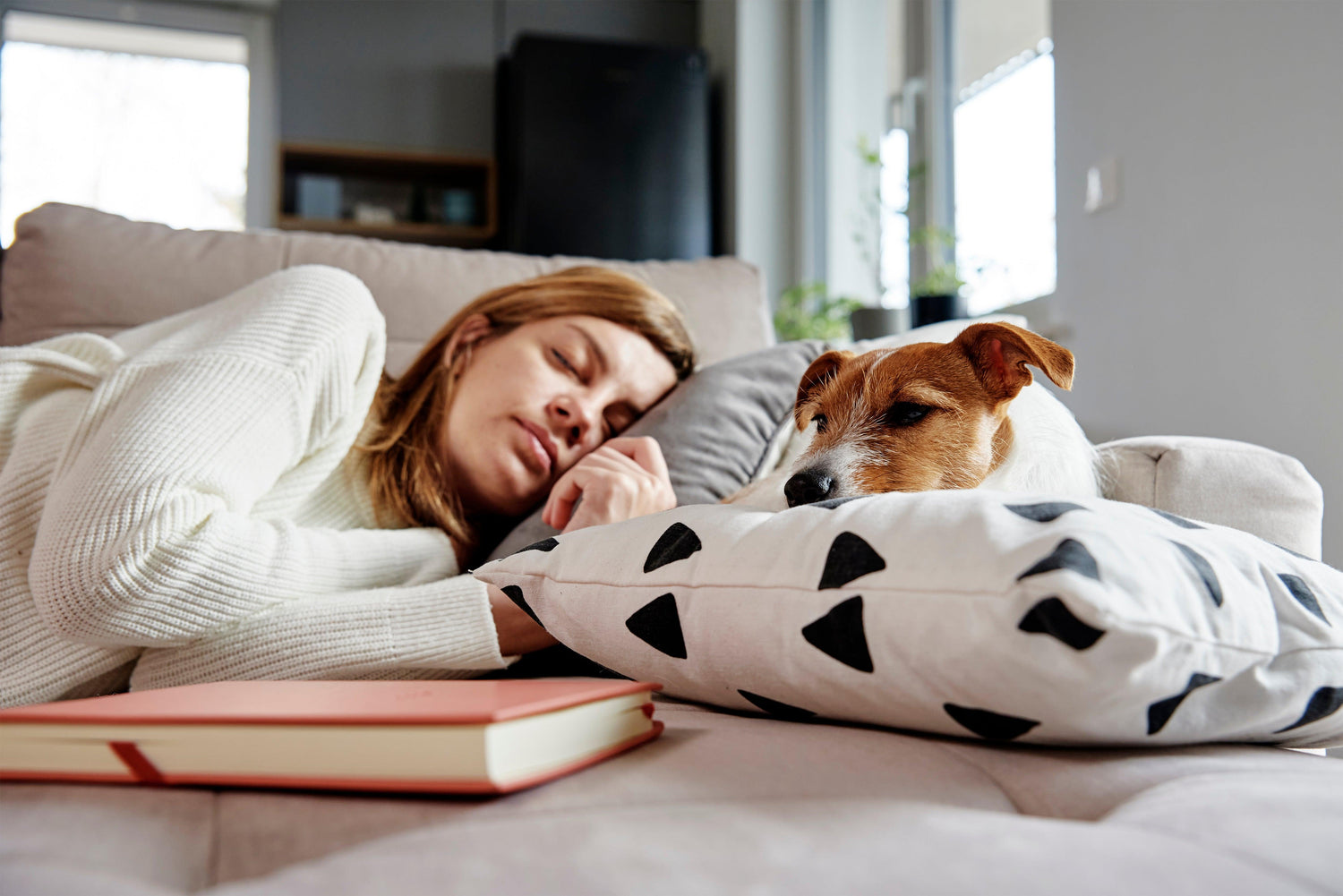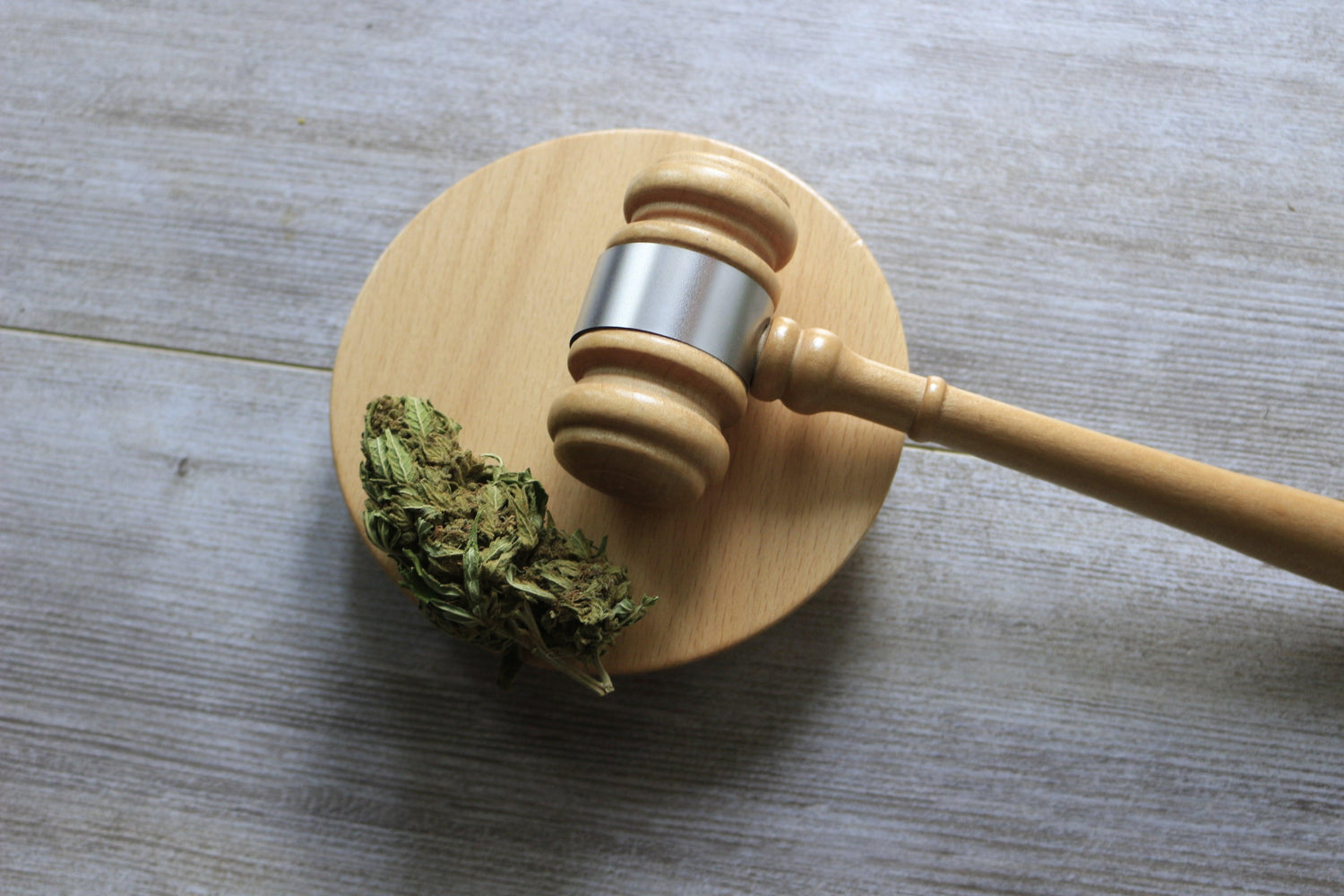Since it was legalized with law 242/2016, light cannabis has become a superstar. We continue to talk about the therapeutic properties of this plant , so much so that we wonder how we managed to live without it until now. Light cannabis can become a great ally in fighting many ailments, especially anxiety, stress and insomnia. As? Thanks to CBD , the "good" cannabinoid contained in very high percentages within the so-called legal weed. Read the whole article to discover the properties of cannabis to combat insomnia problems. We will talk about:
- What is insomnia?
- The causes of insomnia
- The effects of insomnia on the organism
- What is CBD and how can it help us against insomnia
- How to take CBD
What is insomnia?
Insomnia is defined as a decrease in sleep duration . More generally, this term indicates the subjective feeling of not having derived the adequate benefit from sleep , because one slept little or badly. Sleep duration is not in itself an absolute parameter, because each person has different needs regarding the amount of sleep they need. For some, sleeping 3-5 hours is enough to feel completely well-being, while for others it is necessary to sleep no less than 8-9 hours.
Insomnia is a very complex and varied phenomenon and there are different types. We talk about "initial insomnia" when there is difficulty falling asleep. Of "central insomnia" when sleep is not continuous and is disturbed by continuous awakenings. Of "terminal insomnia" when waking up in the morning comes very early.
Based on the duration, however, we speak of occasional insomnia . If the phenomenon is limited in time and is linked to the presence of states of illness, anxiety or environmental factors. We speak of transient insomnia when the subject complains of the disorder for a period of up to three weeks. And chronic insomnia when the disorder persists over time.
The causes of insomnia
There are many and varied factors that can influence the quantity and quality of sleep. Sometimes the origin of insomnia can be attributable to a single cause, other times it derives from a series of factors that contribute to the onset of the disorder.
Sleep mechanisms are sensitive to the influence of emotional tensions and worries that cause anxiety and stress . Other times, however, the cause of insomnia can be attributed to the presence of environmental factors linked for example to altitude or jet lag syndrome.
This is often a physiological reaction of the body to stress . If our mind is busy managing thoughts and worries, it obviously has a hard time relaxing, with consequent repercussions on the onset of sleep.
The effects of insomnia on the organism
We sleep for about a third of our existence . Sleep is a primary need , just like food and drink, and is fundamental to our health and well-being. Sleep problems constitute a class of "epidemic" disorders that threaten health and quality of life, affecting up to 45% of the world's population.
The study published in PNAS, Proceeding of the Native Academy of Sciences of the United States of America , carried out by researchers from the National Institutes of Health in collaboration with Yale University, demonstrated that a 'sleepless' night increases the beta-load amyloid in the right side of the hippocampus and thalamus. Beta-amyloid is considered a risk factor for Alzheimer's , organic alterations characterized by a worsening of mood . And they were found to be related to genetic risk, the so-called APOE genotype.
More than 40% of the world's population suffers from sleep-related disorders. In Italy there are 12 million people who don't sleep well and 4 million who suffer from chronic insomnia.
Lack of sleep or poor quality sleep has a significant negative impact on short- and long-term health. The short-term consequences concern attention, memory and learning . Directly or indirectly, disturbed sleep can have a negative effect on family life and relationships. Because the person's mood, daily activities and social interactions are affected. In general, a sleep disorder has a significant influence on the quality of life. And it's no surprise that lack of sleep is often associated with depression and anxiety. And that insomniacs present more symptoms of anxiety and depression than normal sleepers.
The presence of a sleep disorder is a powerful risk factor for the development of depression. 40.4% of those who suffer from insomnia have depressive disorders compared to 16.4% of people who do not have any sleep disorder . Therefore, not adequately treating sleep disorders consistently increases the risk of developing a depressive disorder.

What is CBD and how can it help us against insomnia?
CBD, also known as cannabidiol, is a substance contained in the cannabis plant , and belongs to the class of cannabinoids. Cannabis contains two active ingredients: THC, which is responsible for its psychoactive effect. And CBD , which has the function of stabilizing the effects of THC. And other cannabinoids. CBD is a versatile and precious substance, rich in beneficial properties: it has anti-inflammatory, immunomodulatory, neuroprotective, anticonvulsant and anxiolytic effects and is used in the treatment of many diseases.
CBD is experiencing sudden popularity: it is the active ingredient contained in the greatest quantity in legal hemp . Which is nothing other than THC-free marijuana, marketed in Italy since January 2018. Light marijuana contains the same active ingredients as traditional marijuana, but in different and very small percentages.
CBD has proven to be a precious ally in fighting insomnia . In fact, it is known to induce a sense of calm and quiet in most people who take it. By reducing stress and promoting muscle relaxation, CBD becomes a weapon against sleep problems.
The precise mechanisms that regulate the action of CBD are not yet fully understood; However, it seems that its effects are truly comparable to those of conventional drugs. It is therefore a natural remedy that constitutes a potential alternative to traditional treatments.
How to take CBD?
The most used method to consume light hemp is to smoke the inflorescences . This method of intake allows you to quickly enjoy the relaxing and calming effect of CBD . With combustion, CBD and other substances enter the lungs together with oxygen and, soon after, reach the circulatory system.
Light hemp can also be used to prepare relaxing herbal teas by adding the inflorescences to boiling water in an infuser. It is an alternative to relaxing chamomile or lemon balm infusions. In fact, legal cannabis, like other very common herbs, contains substances called terpenes which have a calming effect on the body.
CBD and terpenes amplify each other's action, giving rise to the well-known entourage effect of cannabinoids . The combination of the substances contained in cannabis can significantly modify the action of the main active ingredients, improving their action and minimizing possible side effects.
Another solution is to take CBD crystals via vaporization , which allows you to enjoy all the benefits of CBD without suffering the damage of combustion. The most modern vaporizers allow you to manage your CBD intake in a very discreet way, since they do not generate large emissions of smoke or hemp odor.
Another solution is CBD oil , a concentrated extract diluted in oil and also available at high percentages . It can be taken as sublingual drops or together with water and drinks. CBD oil is mainly extracted from Cannabis Sativa and is a completely natural product. The oils that arrive on the market have concentrations ranging from 3% to 30% of active ingredient and are an excellent ally in the treatment of insomnia.
If the article was of interest to you, share it on social media with the rest of the Community, every single share helps us support our blog and keep you 360° informed on the world of Cannabis.
You might also be interested in:








